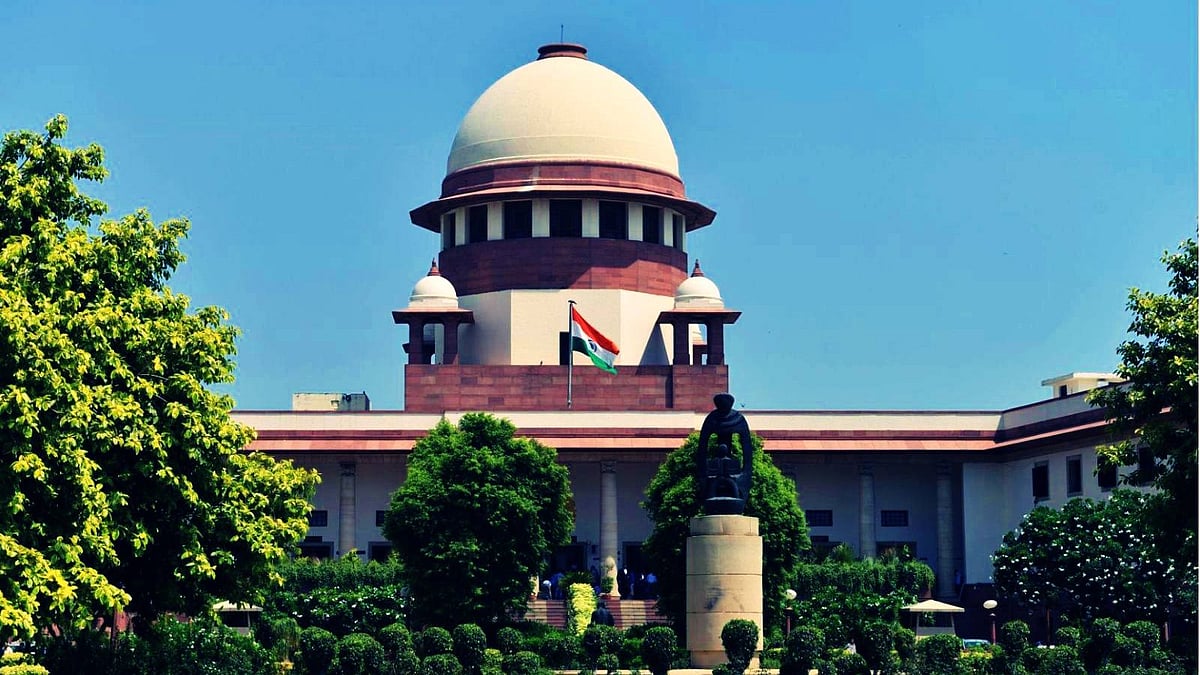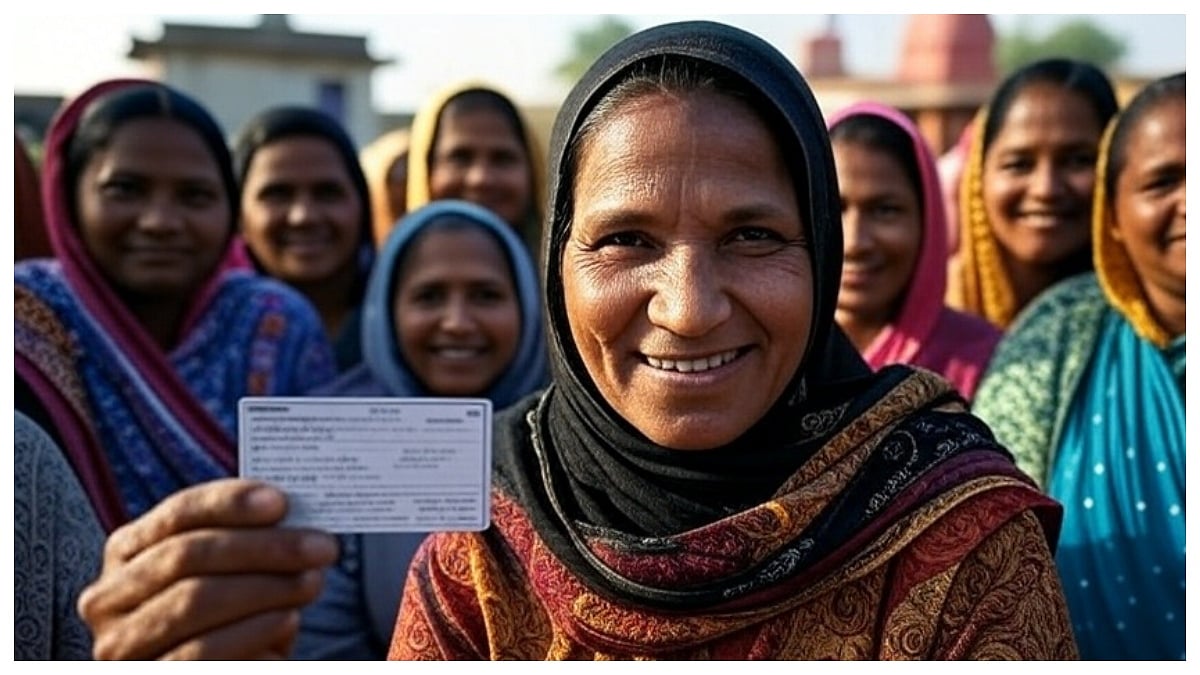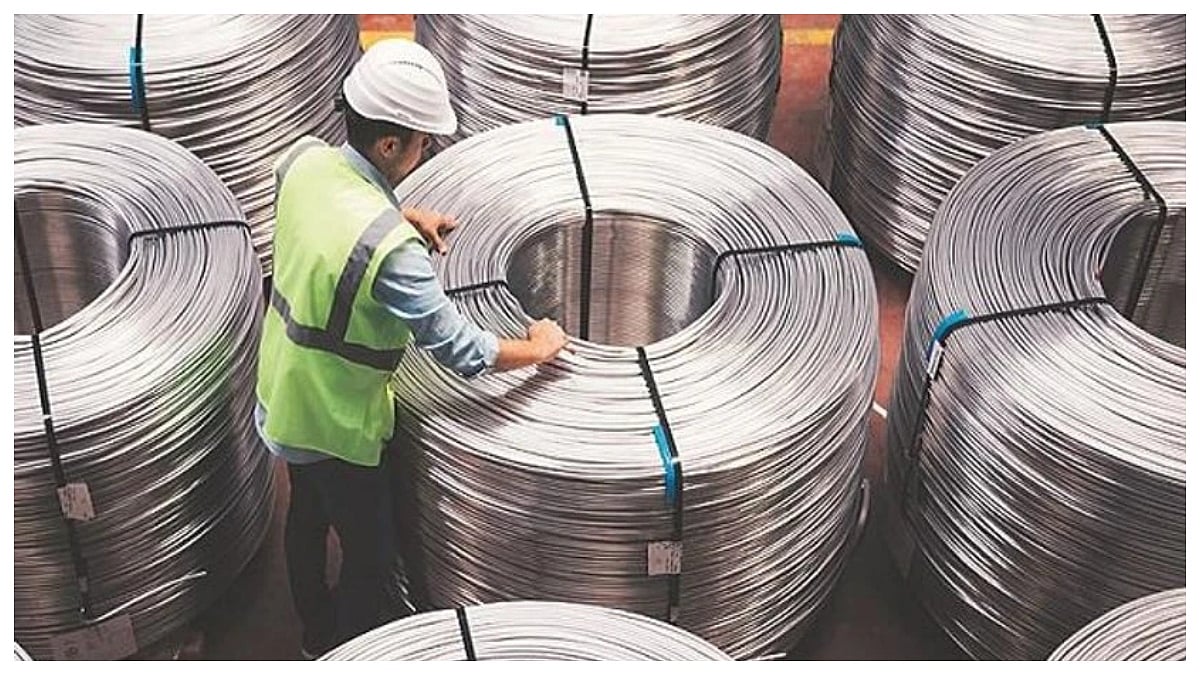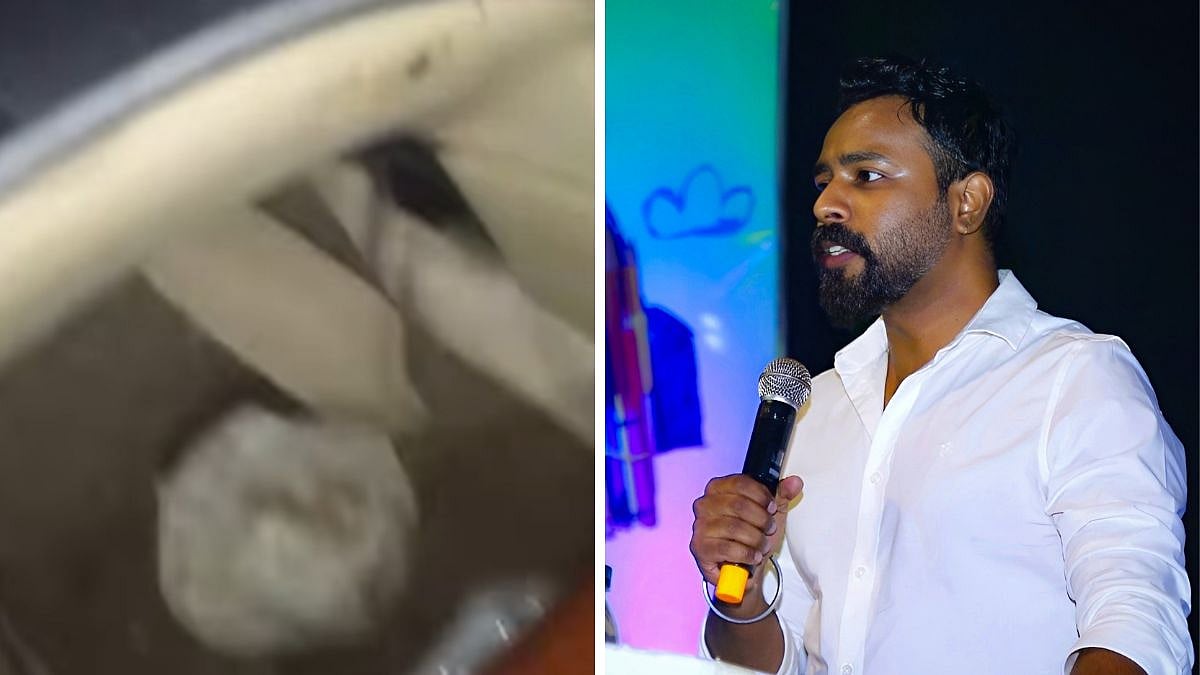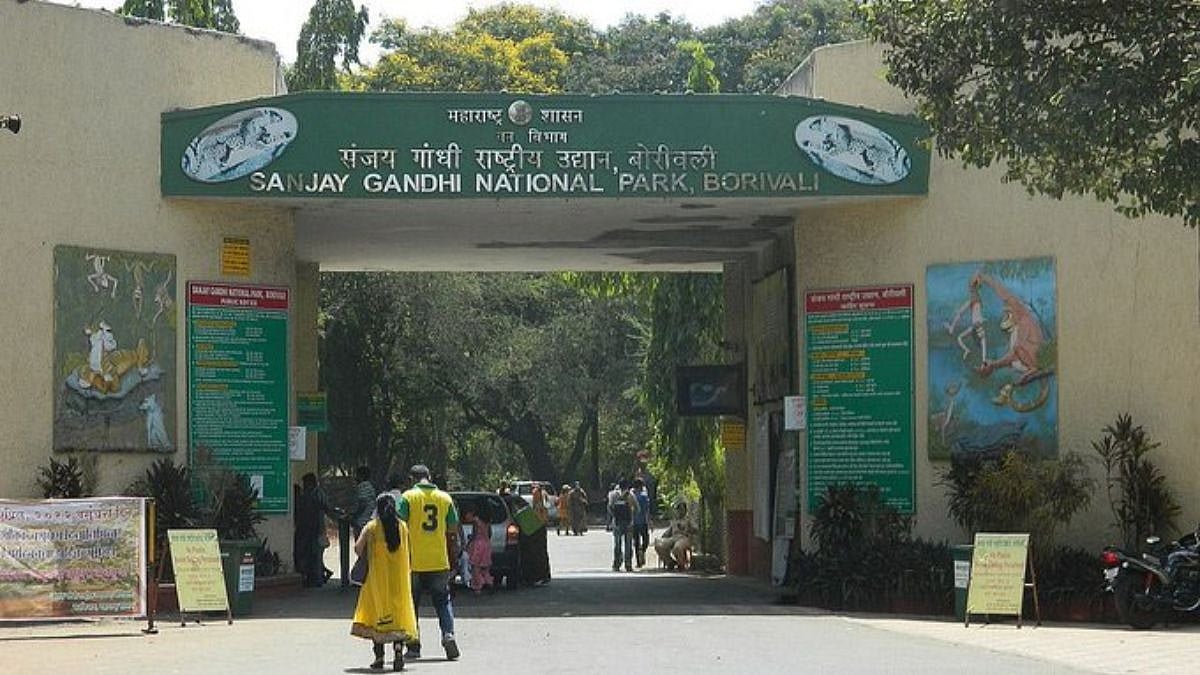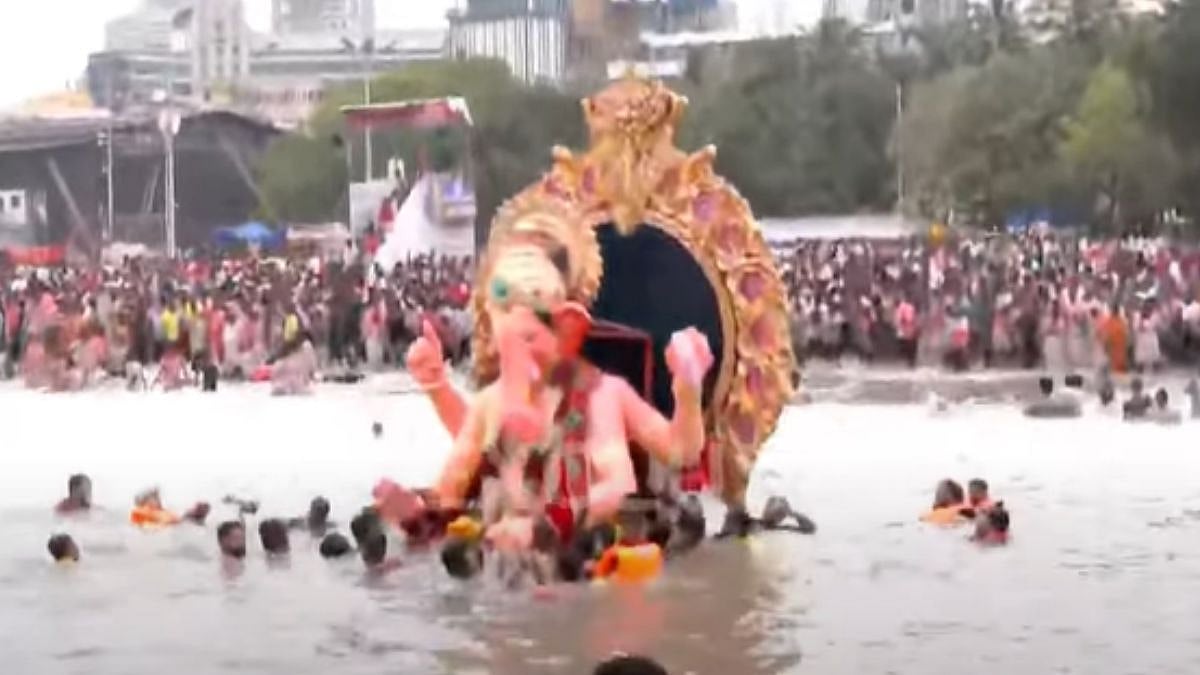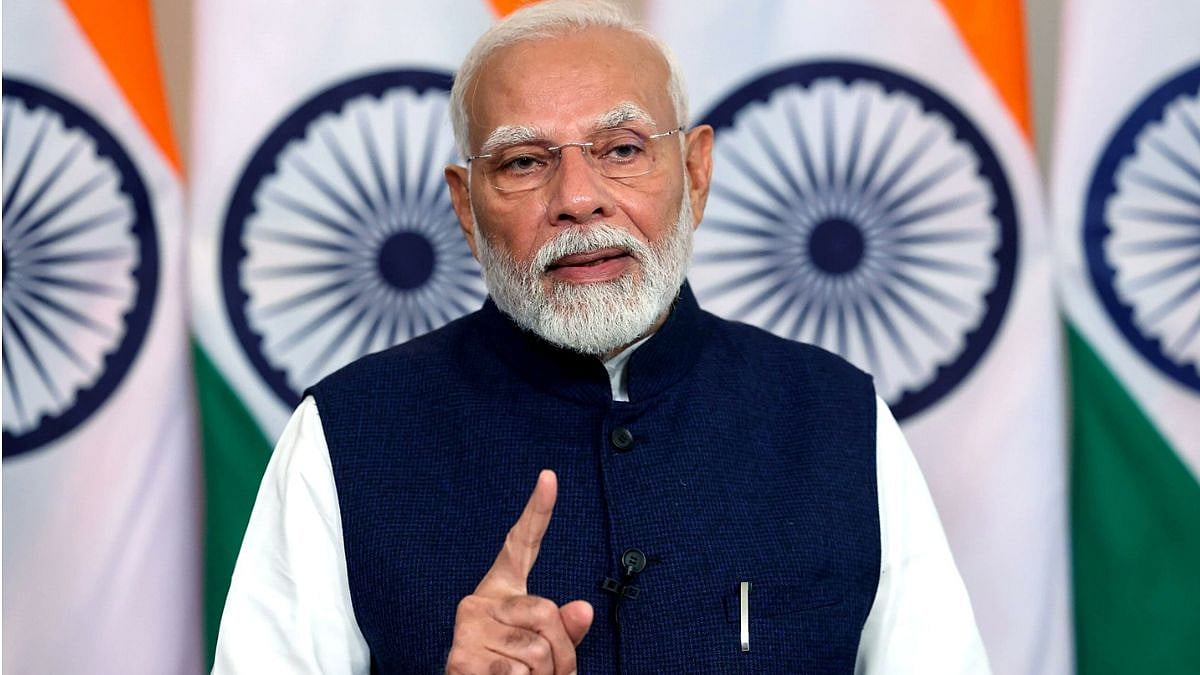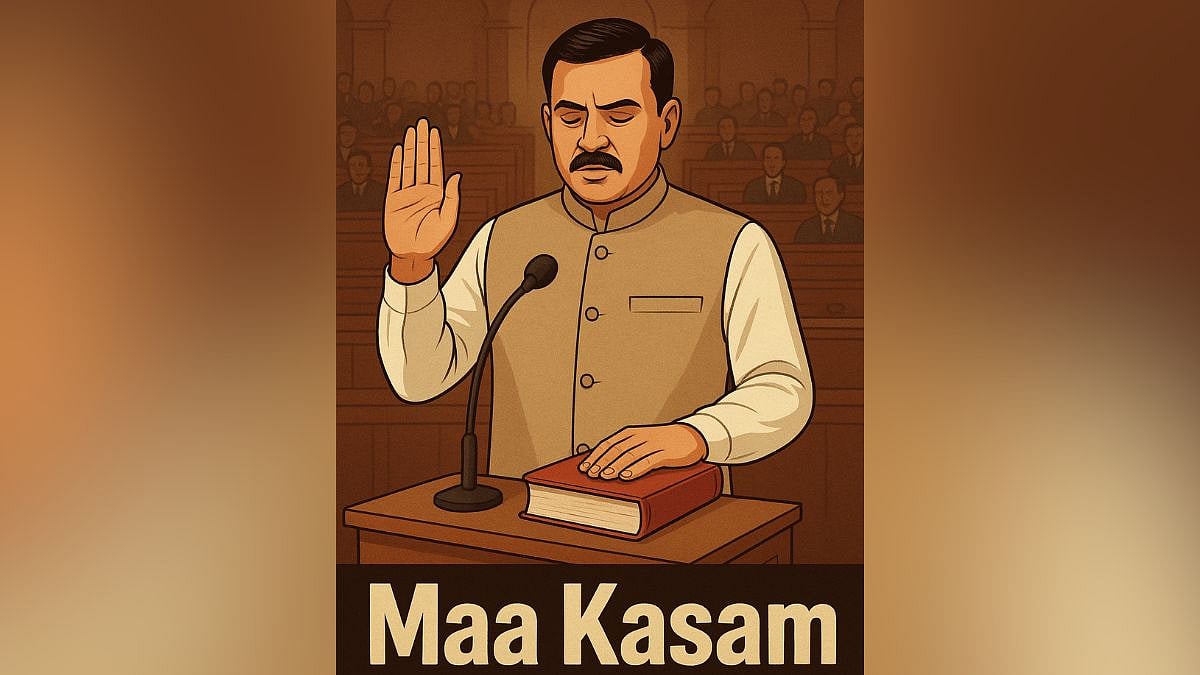The Supreme Court’s order directing the Delhi Police to register an FIR against two former CBI officers is more than a legal instruction—it is an indictment of a system that protects its own while trampling on the ordinary citizen. By insisting that even investigators must be investigated, the court has reminded us of a truth the police establishment would rather forget: nobody is above the law.
The case dates back to 2000. Two citizens alleged that they were coerced and intimidated into withdrawing a complaint by two CBI officials—Neeraj Kumar, then joint director, who later became Delhi’s police commissioner, and inspector Vinod Kumar Pandey.
That it has taken nearly a quarter of a century for the matter to even reach the stage of a proper investigation tells its own sordid story. If this is the pace of justice for a case taken up by two resourceful persons, what hope can ordinary people have?
The CBI’s own “inquiry” had, unsurprisingly, given the officers a clean chit. Expecting the agency to indict its senior brass was always a farce. It took the doggedness of the complainant and the intervention of the Supreme Court to pierce the wall of impunity that shields men in uniform.
The court was careful to state that the order does not presume guilt, but it was emphatic that the allegations deserve a fair, independent probe. This is where the real rot lies. The police and investigative agencies are supposed to be custodians of the law.
Instead, too often they become its violators. Citizens turn to them for protection but end up being brutalised by those in khaki. The old saying bears repeating: when the fence eats the crop, what chance does the crop have?
Recent events show how deep the malaise runs. A senior police officer’s letter, advising subordinates not to manhandle the accused in front of CCTV cameras, went viral on social media. The message was clear: brutality is acceptable, but make sure it is not caught on camera.
What kind of “law enforcement” is this, where concealment takes precedence over compliance with the law? Policemen are not paid to terrorise people. They are not licensed to beat, torture, or silence citizens. They are paid by the taxpayer to uphold the law, protect life and property, and ensure justice. Intelligent policing is about intelligence gathering, scientific forensics, and building unassailable cases in court—not resorting to medieval third-degree methods.
The Supreme Court has done its duty by ordering accountability. But unless this case becomes a turning point, the cycle of abuse will continue. India cannot afford a system where justice is delayed for decades and where the guardians of law behave like lawbreakers. The message must be clear: no uniform, no office, and no rank grants immunity from the rule of law.
